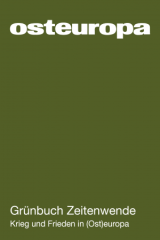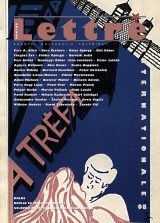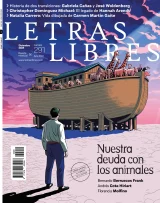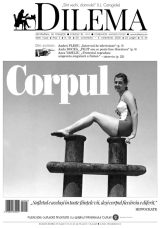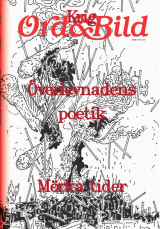Martin M. Simecka
Slovak author and journalist born in 1957. He is one of very few Slovak writers who published samizdat literature during communism. In November 1989, he co-founded the revolutionary movement Public against Violence. From 1999 to 2006 he was the editor-in-chief of SME, Slovakia’s leading daily newspaper, and later held the same position at the Czech weekly Respekt. Since 2016 he has been a commentator at Dennik N, a daily newspaper in Slovakia founded in 2014.
Articles
Democratic deficit, enlargement fatigue and ever more rescue funds: is there still a future for a common Europe? In a discussion in Eurozine’s series “Europe talks to Europe”, prominent intellectuals and opinion makers from western and eastern Europe diagnosed causes for the current malaise of the EU.
The Slovak author and journalist Martin M. Simecka and Hungarian architect and former samizdat publisher László Rajk are not only former dissidents of the younger generation, but also the sons of well-known persecuted communists. László Rajk sr. was the most prominent victim of the Rákosi show trials of 1949; the writer Milan Simecka sr. began his career in the Czechoslovak Communist Party and became a dissident after 1968. In the first debate in the Eurozine series “Europe talks to Europe”, held in Budapest, they discussed the still unanswered questions surrounding the involvement of their fathers’ generation in post-war communism, and the failings of today’s debate about the past in the former communist countries. Moderated by Éva Karádi, editor of Magyar Lettre Internationale.
Central Europe's laboratory of freedom
The quest for a media culture in Slovakia
In Slovakia, journalists’ hard won freedom after 1989 was rapidly curtailed by the authoritarian government of Vladimír Meciar. The media rallied again and played a key role in the victory of the opposition in 1998, only to fall victim to legal intimidation and corruption within their own ranks. But although the most serious challenges to press freedom have been seen off, a media culture free of the legacies of the past has yet to develop, writes Martin Simecka.
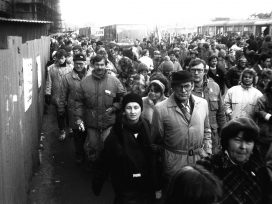
Still not free
Why post-'89 history must go beyond self-diagnosis
The dissident generation of the 1970s and 1980s produced a body of work unprecedented in Czech history, says Martin Simecka. Yet it is precisely the monumentality of this generation’s legacy that prevents the interpretation of the communist past going beyond self-diagnosis.

